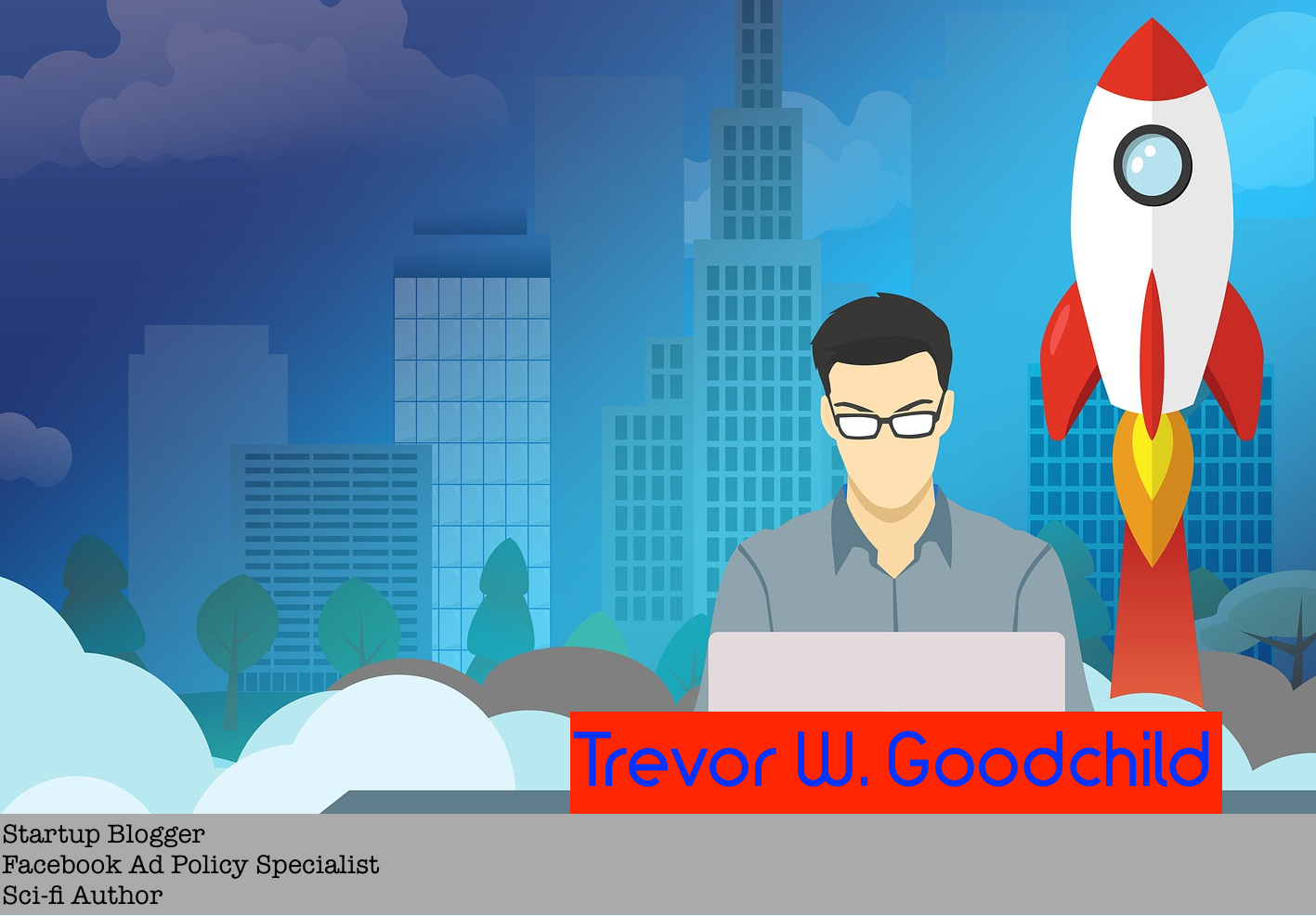
Amazon & eBay are successful companies but how did they get to be successful?
In the real world outside of pure economic theory, every business is successful to the extent that it does something other businesses cannot.
This is true across the board, just as companies that fail all share one common trait: they failed to escape the competition.
Many companies that managed to stay above water eventually fail because they lacked the foresight to evaluate their value based on the money they will make in the future.
A successful business is defined in part by its ability to generate cash flow in the future, and eBay as well as Amazon set up business models that only became more relevant to consumers as time passed.
The advances of technology for personal computers, desktops then laptops, smartphones then app stores with one-click buy options and QR codes offered an infrastructure for these two e-commerce sites that didn't exist when they started.
Many startups focus only on the immediate future, but for a business to be valuable it has to grow and endure. Growth is easy to measure but durability is more obscure so it gets ignored.
The best startups should integrate the potential for a much greater scale built into the first design and combine that with a well defined brand.
Why Amazon and eBay succeeded where others failed is they both cultivated the perfect target market of a particular group of people concentrated together that were served by few competitors.
For Amazon it was books, then later CDs and then later the world's largest online general store.
For eBay they dominated the market for beanie babies in 1995, then stamps and much more. eBay's success is attributed to its unique business plan: allowing people or businesses to list new or used items for auction for a very low fee.
After you dominate a niche market, the next step is to gradually expand into related and slightly broader markets - both Amazon & eBay did this and generated large revenue in the process by becoming household names.
At the time, no one else was doing this. eBay was successful almost from day 1. eBay's founder tells a story about how one of the first items he listed, after creating the website, was a "broken" laser pointer.
He was specifically saying it was broken. Yet, the auction attracted a lot bids and the broken laser pointer sold for something like $15.
Those results were typical for many buyers and sellers.
Instead of starting with an idea for a product and trying to convince executives that customers will "love the idea," Amazon works from the viewpoint of the customer to come up with ideas that will generate value.
An example of this is Amazon Prime.
Prime was created because it was understood within Amazon that customers wanted to buy quality products for less money, and customers wanted to receive products as fast as possible.
And it worked. Incredibly well.
Amazon is exploring AR technology as well (you can read about advances in Augmented Reality in this blog here).
Amazon’s success depends on the fact that it is two very different but seamlessly integrated shopping places at once:
A store, like Walmart, (with Vendors offering products to Amazon) and a marketplace, like eBay, (with sellers selling direct to consumer).
Both eBay and Amazon often offer free shipping and returns which is a huge deal breaker for many consumers. Personally, I rarely buy products I have to pay an additional price for shipping on.

The most successful companies like Amazon & eBay make the core progression:
1. Dominate a specific niche
2. Have scalability built into the business's design
3. Scale to adjacent markets as part of their founding narrative
And there you have it, the secret to Amazon and eBay's success. When I first started up in the entrepreneur space I tried to focus on everything instead of one specific field.
The same goes for when I quit working at Facebook, I tried to offer my services as just a Facebook expert. My business suffered as a result of being too general.
When I sub niched down to being a Facebook policy expert business started booming, so that's a real life example that relates to these 3 killer steps to becoming a successful startup.
What's your favorite thing you like about using eBay or Amazon?
Comment below!

. . .
Enjoyed this blog? Signup here to get updates on new startup blogs.
Is Facebook not explaining why they disapproved an ad?
I worked at FB for years and offer FB Policy Consulting here
Available for freelance writing and guest posting on your blog: [email protected]






Leave a Reply
You must be logged in to post a comment.